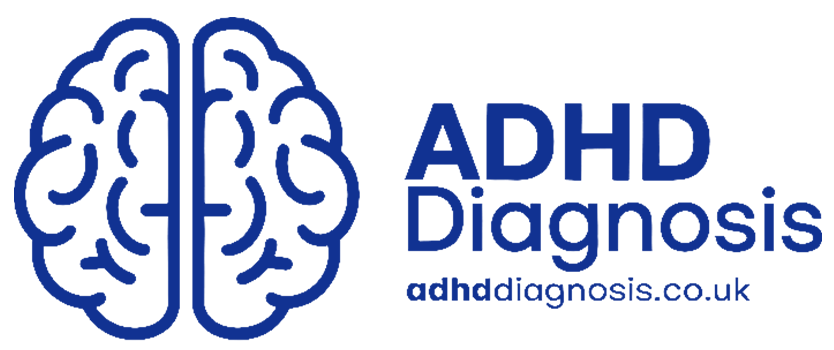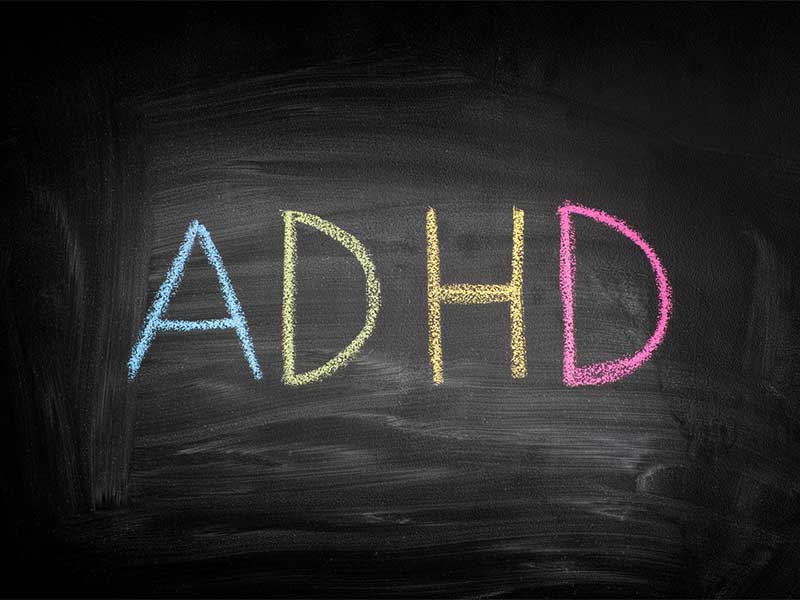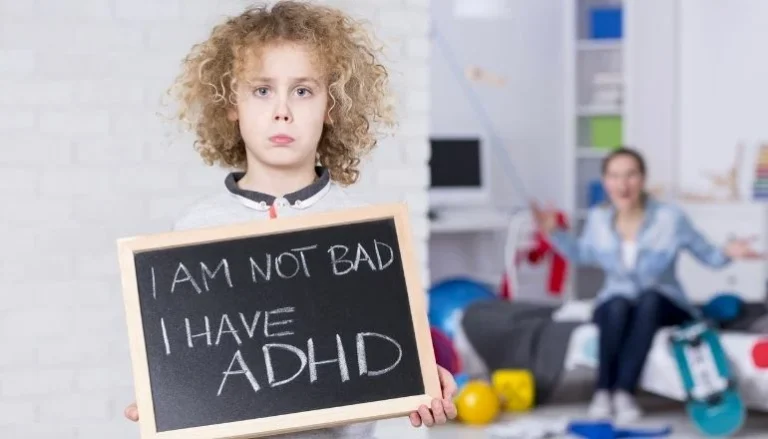In the UK, ADHD diagnosis is carried out by healthcare professionals such as psychiatrists, psychologists, and paediatricians. The diagnostic process typically involves:
1. Initial Consultation
A GP (General Practitioner) will evaluate the patient’s symptoms and medical history. If they suspect ADHD, they will refer the patient to a specialist.
2. Clinical Assessment
A mental health professional will assess the patient using standard diagnostic criteria, such as those in the DSM-5 (Diagnostic and Statistical Manual of Mental Disorders) or the ICD-10 (International Classification of Diseases).
3. Behavioural Reports
Reports from teachers, parents, or employers may be considered to evaluate how symptoms affect daily functioning.
4. Screening and Questionnaires
Questionnaires and psychological tests may be used to assess attention span, impulsivity, and hyperactivity levels.
Treatment Options for ADHD in the UK
ADHD is a lifelong condition, but it can be managed effectively with the right combination of medication, therapy, and lifestyle changes.
🏥 Medication
Medication is often used to help improve focus and reduce impulsivity. Common medications prescribed for ADHD in the UK include:
- Stimulants: Methylphenidate (e.g., Ritalin, Concerta) and lisdexamfetamine (e.g., Elvanse)
- Non-stimulants: Atomoxetine (Strattera) and guanfacine (Intuniv)
💬 Cognitive Behavioural Therapy (CBT)
CBT is a form of therapy that helps individuals manage negative thought patterns, improve organisational skills, and develop better coping strategies.
🌿 Lifestyle Changes
Simple changes in daily habits can also make a significant difference:
- Exercise: Regular physical activity can help reduce hyperactivity and improve focus.
- Diet: A balanced diet rich in protein, whole grains, and omega-3 fatty acids can support brain function.
- Sleep: Maintaining a consistent sleep schedule can help improve mood and energy levels.
- Mindfulness: Meditation and relaxation techniques can reduce stress and improve emotional regulation.
Living with ADHD
Living with ADHD presents unique challenges, but with the right support, individuals can manage their symptoms and succeed in both personal and professional life.
Key strategies include:
- Breaking tasks into smaller, manageable steps
- Using reminders and to-do lists
- Seeking support from therapists or ADHD coaches
- Maintaining a structured daily routine
Support from family, friends, and mental health professionals is essential for long-term success.
Common Myths About ADHD
There are several misconceptions about ADHD that contribute to misunderstanding:
ADHD is not a real condition. – ADHD is a recognised neurological disorder supported by extensive research.
ADHD only affects children. – ADHD can persist into adulthood and affect work, relationships, and daily life.
People with ADHD are just lazy. – ADHD is not caused by laziness; it’s a brain-based condition that affects motivation and focus.
Take the Next Step
If you feel that you or someone you know might benefit from an ADHD diagnosis and personalised treatment plan, consider booking an assessment with ADHDdiagnosis.co.uk. Their team of experienced professionals offers comprehensive assessments and tailored support to help you manage ADHD effectively. Taking the first step towards understanding and managing ADHD can make a significant difference in your life.
Don’t wait — visit ADHDdiagnosis.co.uk today to schedule your ADHD assessment and start your journey towards better focus and improved well-being.






